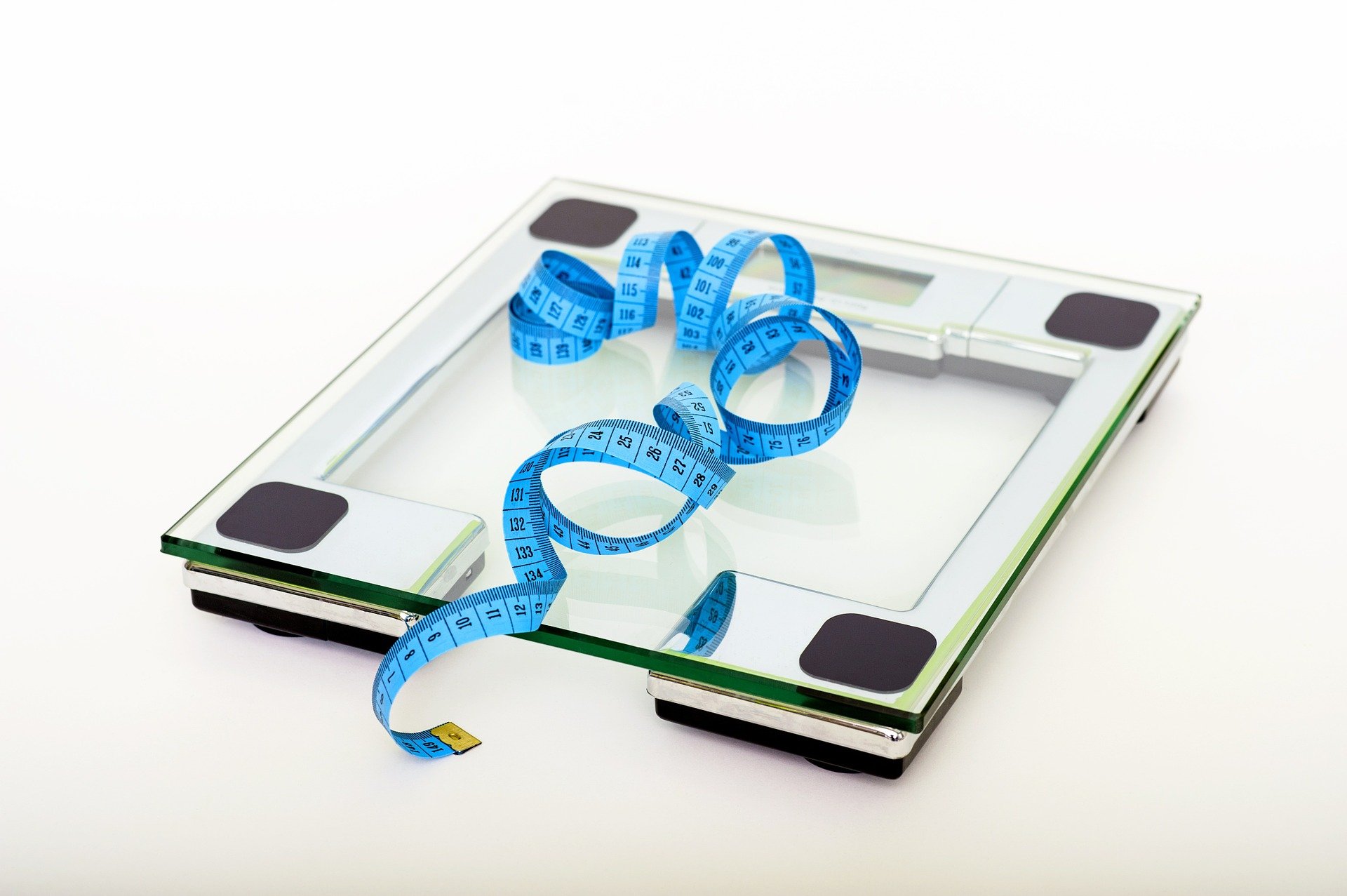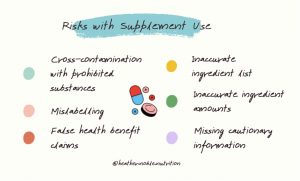By: Heather Noble, RD
- There is no quick fix. The reality is that sustainable weight loss takes time- when we drop a lot of weight rapidly, we also lose muscle mass as our body breaks down proteins and muscle to fuel our cells as we are not consuming enough energy. Aim to lose weight slowly with a small calorie deficit of no greater than 300 kcal/day.
- Eat three meals a day with snacks in between. Research shows eating smaller meals more frequently throughout the day vs. fewer large meals/day can help lead to loss in body fat. Healthy snack options include: carrots and hummus, apple with peanut butter or cheese, yogurt with a palmful of nuts, cottage cheese with fruit, 1 serving of trail mix with fruit, peanut butter and banana.
- Have protein at every meal and snack. Have a source of protein every 3-4 hours; your body can only absorb about 20-25g protein at once every 3-4 hours. Having more protein while in a calorie deficit will also help to preserve your muscles better. It is recommended to spread out protein throughout the day so that more is absorbed and utilized in the body. Aim for sources of lean protein: chicken, tuna, fish, steak, seafood, roast beef, tofu, eggs, beans and lentils.
- Limit distractions while eating. Aim to not to have meals when you are working in front of the computer or watching TV. Eating at a table with others or removing yourself from other distractions helps to promote mindful eating and being more aware of when we actually feel full.
- Limit processed foods. A simple tip when grocery shopping is to shop around the aisles- buy more fresh produce, fresh meat, eggs, milk, yogurt, vegetables/fruits- and less processed pre-packaged foods such as cookies and potato chips. Processed foods are high in additives, stabilizers, sugar, salt and unhealthy fats to keep the product shelf-stable. These foods are great to have once in a while but should be consumed in moderation.
- Avoid fad diets. The majority of fad diets are not sustainable or realistic, and tend to lead to rapid weight loss in the initial stages of the diet (which can result in a loss of muscle mass). These also promote chronic dieting and can negatively impact your relationship with food.
Protein at every meal….having more protein while in a calorie deficit will help preserve your muscles.
Heather Noble, RD
A few reminders:
- A very small calorie deficit is advised for athletes especially (300 kcal/day maximum) in order to minimize muscle mass loss and prevent a negative impact on the quality of training and recovery.
- Behaviours such as counting calories, tracking food daily on apps, and weighing food, can sometimes be helpful in the short-term however, these behaviours are not advised to be practiced daily as they can lead to disordered eating practices and can negatively impact your relationship with food.
- It is not recommended to be in a calorie deficit all of the time. Weight loss should be strategically periodized. Work with a professional to ensure to create a realistic and safe long-term weight loss plan.
- Weight loss should not be your life’s priority. If you struggle with a constant preoccupation with food, disordered eating, or the feeling of being out of control with food, please don’t hesitate to ask a Registered Dietitian for help.



